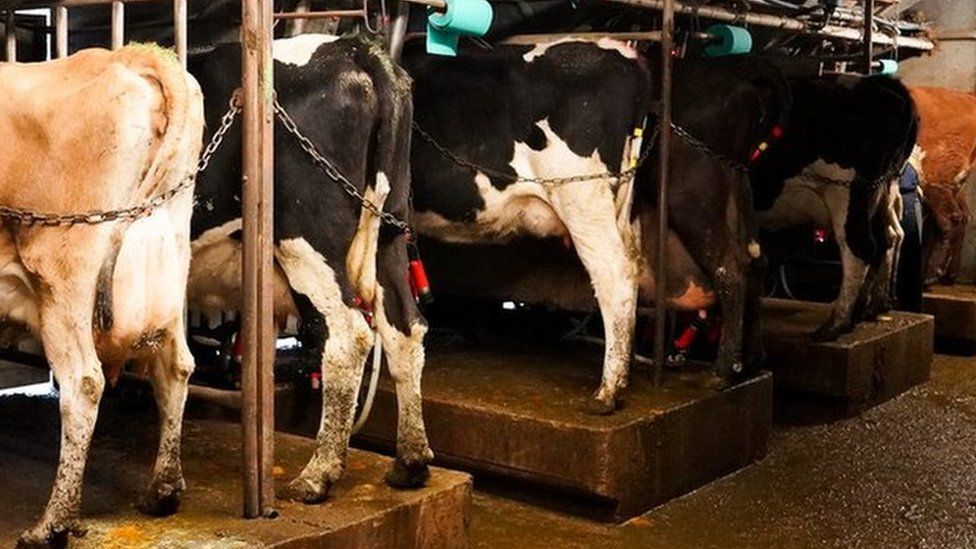 BBC/Claire Marshall
BBC/Claire MarshallLivestock farms in England polluted rivers 300 times last year, causing 20 major incidents, according to the latest government figures.
Yet only six farms were prosecuted in 2021, with the Environment Agency giving out warning letters instead.
The dairy industry – mostly thanks to the waste its millions of cows produce – is the worst environmental offender, linked to half of all farm pollution.
The government said prosecution was a last resort for persistent offenders.
The National Farmers Union (NFU) said all farmers took their environmental responsibilities seriously and that they were taking “voluntary action through industry-led initiatives to drive improvements that benefit the water environment”.
Much of the environmental threat to rivers from farming comes from cow waste called slurry – a mix of manure and water that farmers store and spread as fertiliser.
Each of the UK’s 2.6m dairy cows produces up to 53 litres of manure a day. That’s approximately 50 billion litres of manure a year – enough to fill Wembley stadium more than 12 times.
The slurry produced has to be stored but it can leak from badly-maintained containers or, if too much is applied to the land or if it rains heavily, it can run off from fields.
Serious pollution incidents can lead to prosecution.
One offender is Michael Aylesbury, a director of Cross Keys Farms Ltd. In June this year, he was ordered to pay more than £25,000 for polluting the River Frome in Somerset with slurry in 2020.
He had been prosecuted before for polluting the same stretch of the Frome in 2016, an incident that killed more than 1,700 fish.
Sue Everett lives close to the river and took footage of the most recent event in 2020.
“The first thing was the smell – it was appalling,” she said. “As I approached the river, I could see that it was black. The next morning I went out with my camera and took some videos of the dead fish.”
She fears the public are not aware of the threat posed by farm slurry to rivers, saying: “I think farm pollution has been hidden away for far too long.”
But the government, farmers and the dairy industry say they are all taking steps to tackle slurry pollution in rivers.
One farmer that is leading the way is Kate Hoare, based near Saltash in Cornwall.
She not only carefully manages her slurry but has installed one of the UK’s first covered slurry lagoons which can capture methane for use to power her tractor.
She describes slurry as “liquid gold” and says every farmer knows the value of keeping it on the land and out of rivers.
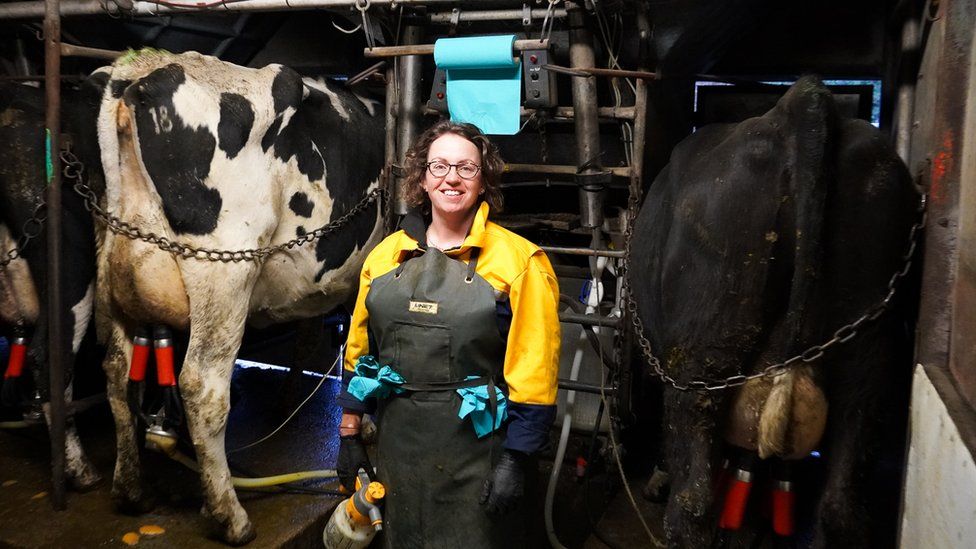
“It helps the soil, and it helps the grass, and it helps the cows to produce the milk that we need to sell,” she said.
“So, I think it’s at the forefront of every dairy farmer’s mind – how they can improve their slurry store and stop it from filling with rainwater and make the most of that product.
“Because we’re all good at recycling, as you know. It’s what we do as farmers.”
To ensure best practice, farms are inspected by the Environment Agency. In 2021, 721 inspections were carried out on 693 farms.
More than half of inspections found farmers were breaking the regulations governing slurry storage.
The freshwater fish conservation group Wildfish is currently suing the government over how it deals with water companies pumping sewage in rivers and seas.
But its chief executive Nick Measham is equally concerned about the threat posed by dairy farming and the slurry it produces.
He said: “Increasingly, we see across the country industrial-scale farming units, particularly dairy and beef units. The slurry that they produce has to go somewhere.
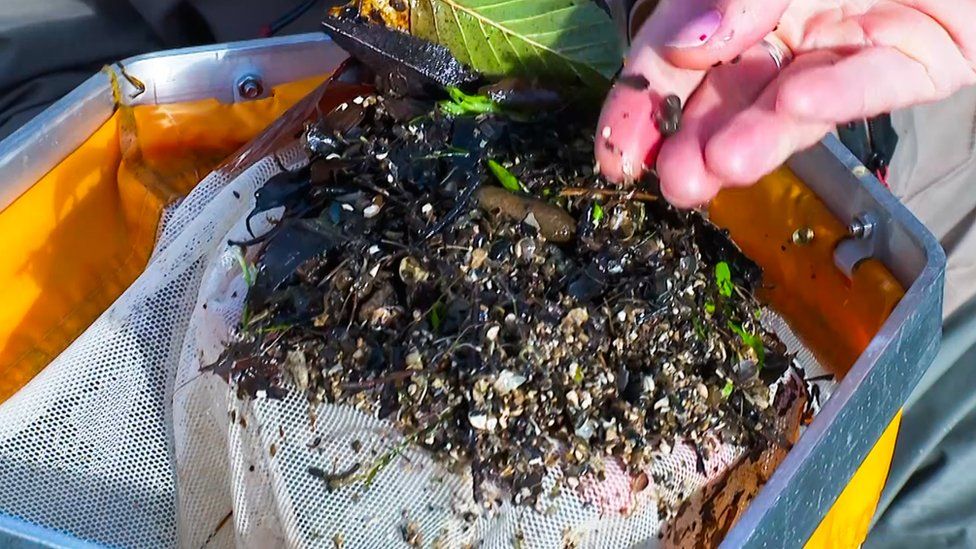
“Frequently, farmers actually do view the river as an open sewer. This slurry is really potent stuff. I mean, it’s much more powerful in terms of its impact on water than human sewage.”
“They’ve increased the number of farming inspectors, but until a couple of years ago, the probability of you as a farmer getting an inspection was about one in 200 years. So clearly, that is not a big incentive to clean your act up.”
The Environment Agency said it is working “constructively” with farmers to reduce water pollution and that it had increased the number of inspections to more than 3,000 since January this year.
It added that since April 2021 it has issued at least 140 warning letters and required 6,169 improvement actions on farms, with 2,791 completed.
It said its focus was on “high-risk locations, previously non-compliant businesses, and those farming sectors of greatest concern”.
But it admitted only six agricultural prosecutions took place in 2021/22, saying court action was used as “a last resort when there is persistent non-compliance”.
Defra said it has doubled the funding for its Catchment Sensitive Farming programme, which provides free advice to farmers to help them better manage manure and soils.
And, earlier this month, it made available a £13m slurry infrastructure grant for farmers to improve their storage.
The NFU welcomed the funding, saying that farmers had already made a 75% reduction in serious pollution incidents year-on-year compared to 2000.
NFU deputy president Tom Bradshaw said: “The NFU will continue to work with Defra and the Environment Agency through their advice-led approach to infringements, in order to effectively communicate the farming rules for water guidance to its members.”
Meanwhile, the UK’s largest dairy company, Arla, said it is now paying its farmers to work in more environmentally-friendly ways.
A spokeswoman said: “Our farmer owners are rewarded through their milk price for covering slurry stores, using certain slurry spreading techniques and using slurry to make biogas, a type of renewable energy that can be used to generate electricity and power vehicles.”
-
Superbug fight ‘needs farms to cut antibiotic use’
-
22 November
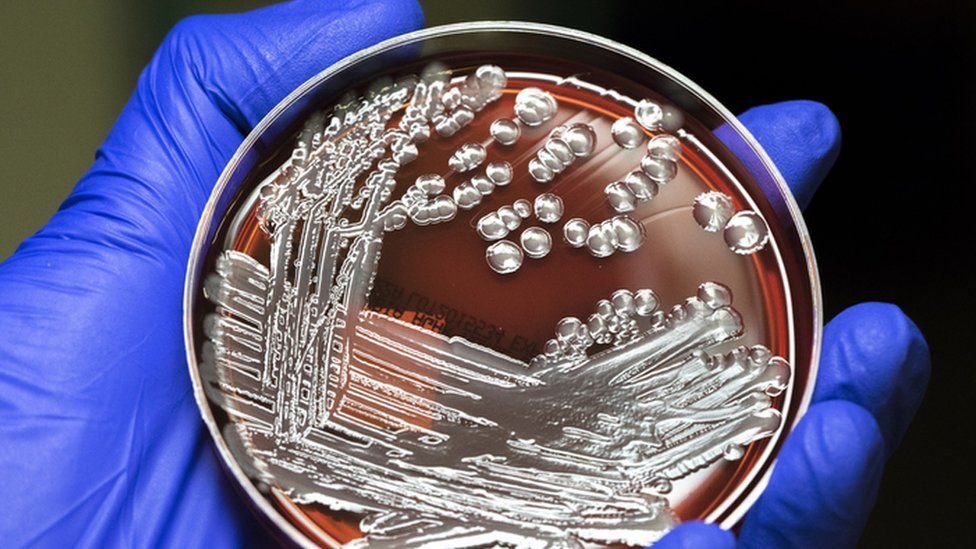
-
-
Pollution incident not our fault – water company
-
15 November
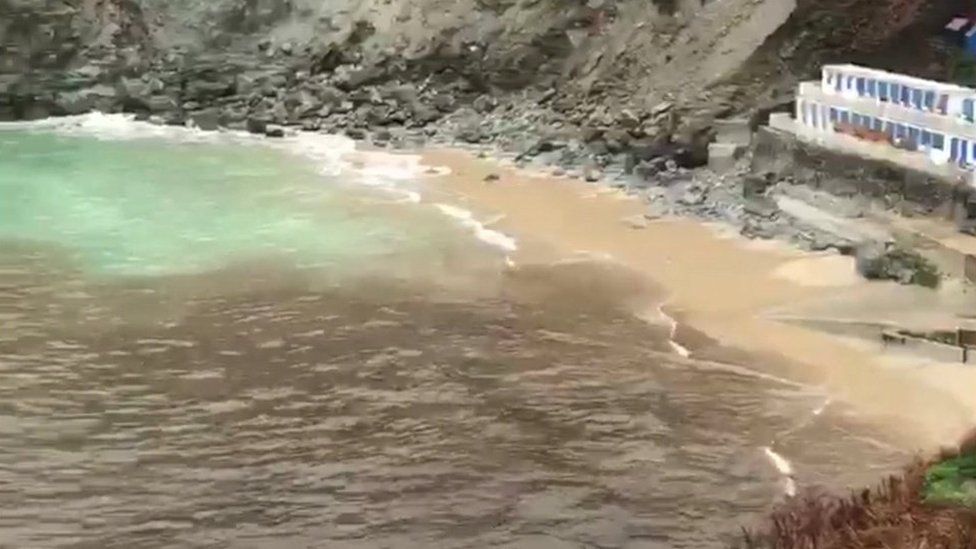
-
-
Fresh wave of sewage blights Britain’s beaches
-
6 September
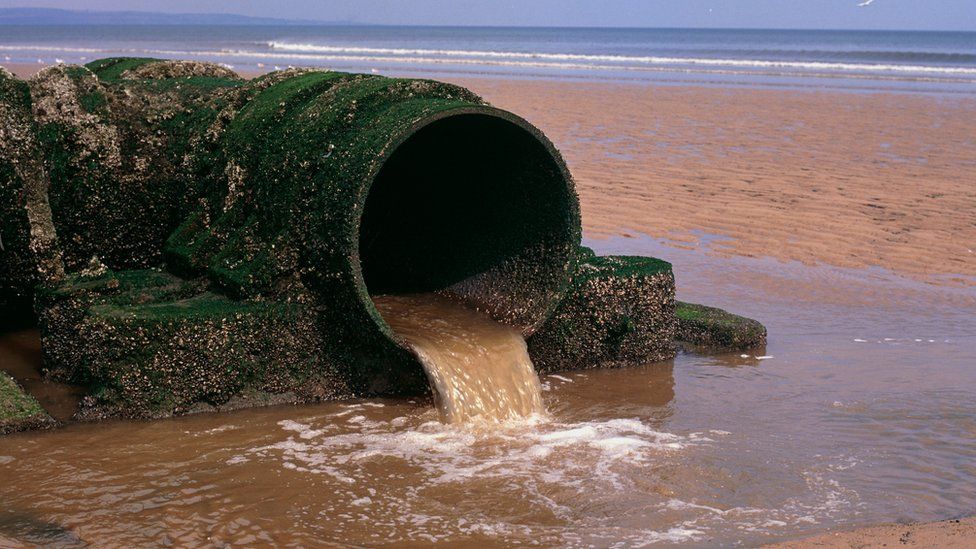
-
